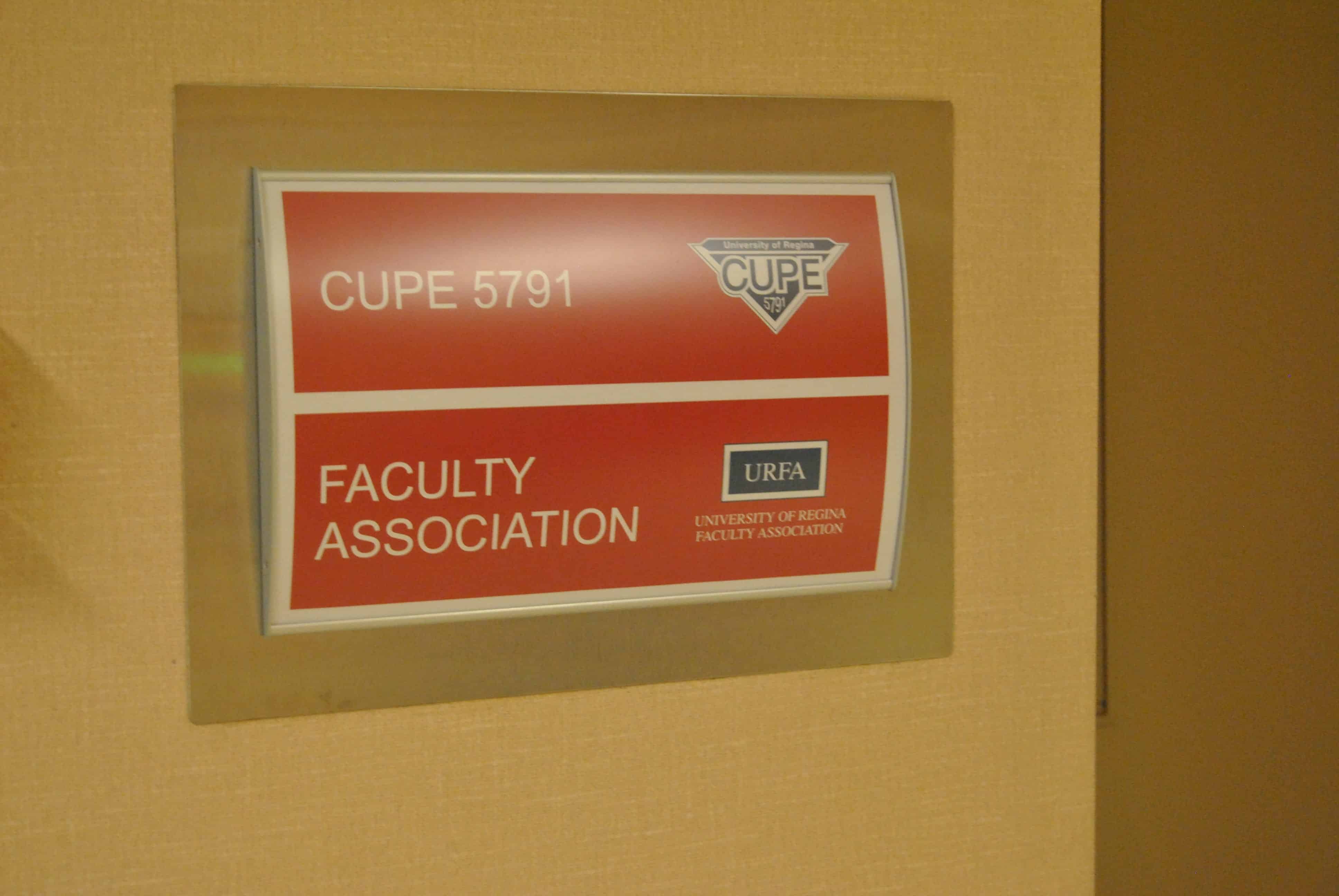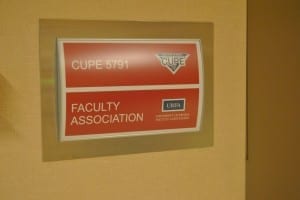New strategic plan clashes with URFA

Could academic freedom outside the U of R be in jeopardy?
The University of Regina Faculty Association is a trade union founded in 1977, it represents 1030 academic staff at the university. Their claim is that the university has ignored its role in protecting its staff’s freedom of speech while engaging in community activity, which is encouraged and expected under the new strategic plan.
URFA’s constitution states their objectives, the second of which is, “to protect and enhance the freedom and quality of teaching, scholarship, debate, thought, and research within the University community.”
Professor Andrew Stevens of URFA and the Faculty of Business explained the need for academic freedom inside and outside of the institution, “Academic freedom is the lifeblood of a university. So as a set of principles and as a time-honoured institutional commitment, academic freedom is paramount. It’s also a requirement of our jobs, and so it is not just a set of principles we abide by.”
Stevens spoke on the nature of academic freedom and how it could be suppressed in a professor’s work within the community, “We could look to a number of cases in which outside third party organizations have pressured universities to clamp down on academic freedom. This has taken place in various circumstances in the political nature of a conference. Questioning whether something is within the professional expertise of conference organizers, presenters, or panelists. The consequences could range from discipline to a general environment in which scholars are not comfortable speaking publicly and performing one of the critical pillars of their job. At worst, we could see someone being disciplined for something they said which is related to the work they do as academics. We think academic work should be thought of very broadly and that it is not just a narrow focus of expertise.”
“Academic freedom should extend to what is required of us as employees, scholars, and academics. Our job duties require us to have some involvement in the community, so by nature of our own collective agreement and the expectations in performance, I am expected to be a publicly engaged scholar. If I go to a conference, that is public engagement. If I speak to the media, that is public engagement. We are rewarded for it and there is an expectation that we make public the research we conduct. So academic freedom should extend beyond the parameters of the classroom and peer-reviewed journals to our service work, because it is actually what we are supposed to be doing.”
According to the collection bargaining agreement 2011-2014 for Campion College staff, academic freedom is extended to teaching, research, scholarship, and service. The bargaining agreement under the URFA applies academic freedom to teaching, research, and scholarship, excluding community service. URFA believes that extending academic freedom for all employees at the university is essential to creating a free space for academics to do work in any discipline.
Stevens hopes to see an increased commitment from the institution to the language of its own documents, “I think what is important is that the strategic plan, like other documents the university has produced have a very important vision for the university and where we are going and we agree with this direction on principle. We would like to see some commitments we see in operational budgets and strategic plans actually put into force. In fact, we have used many of the university’s own publications and promises to develop a platform of proposed language.”
When asked for comment, the university administration sent the following, “Both parties are working hard to achieve a new agreement and continue to meet for discussions.” By encouraging staff to work in the community while precluding them from help, administration create a contradiction in which community-based research is expected by the institution while not facilitating the same critical thought long-upheld by liberal education.










